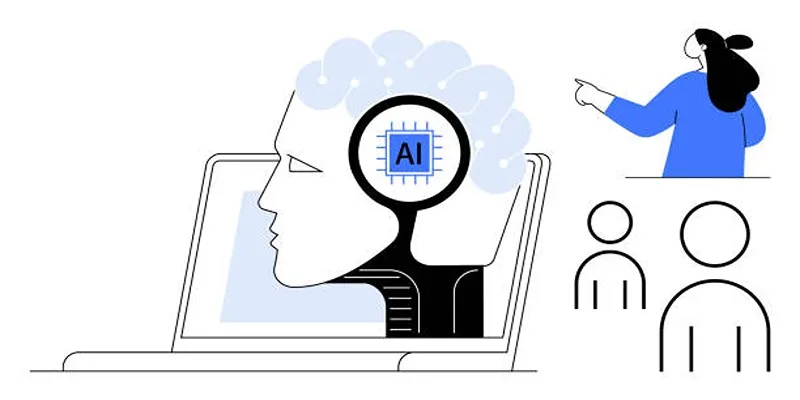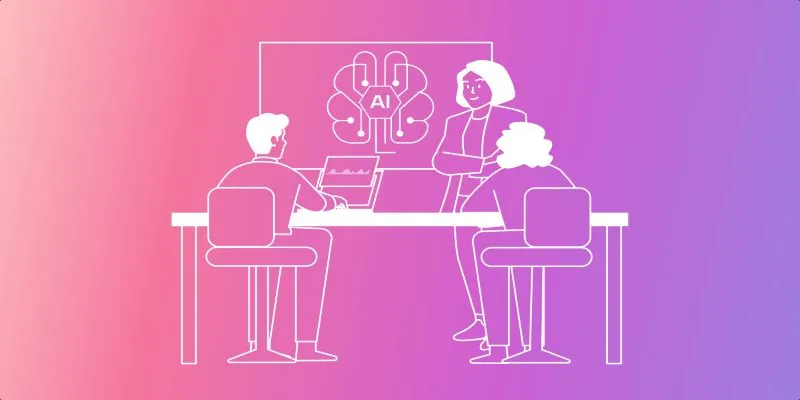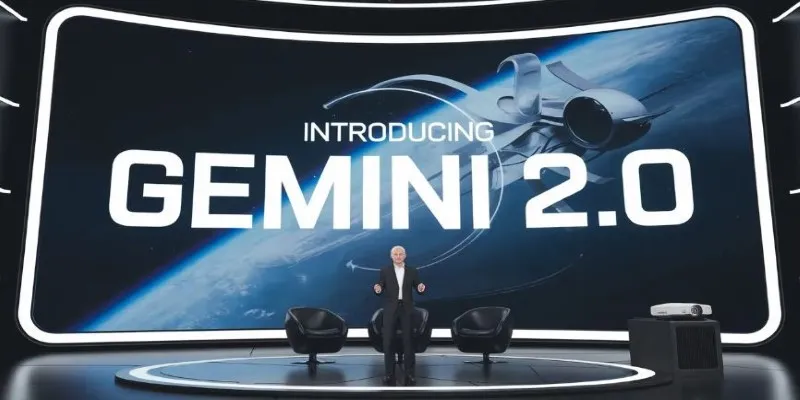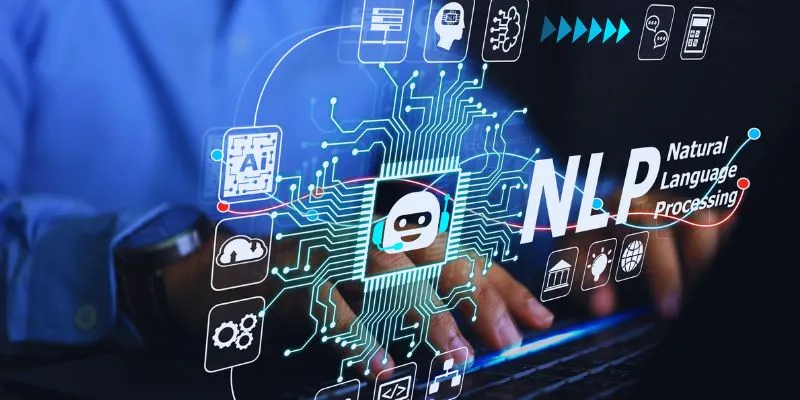Through speech-to-speech technologies, artificial intelligence (AI) is revolutionizing communication by enabling machines to process and synthesize spoken words. Open-source AI tools developed by Hugging Face allow users to personalize modular models like GPT-4o for specific tasks. While many AI systems remain closed-source, limiting access and creativity, open-source AI provides creators with the flexibility to enhance models such as GPT-4o.
Advancements in speech recognition, translation, and voice creation are heavily influenced by Hugging Face’s speech technologies. These tools empower AI to better comprehend and generate human speech. By promoting modular AI, Hugging Face contributes to a more flexible and innovative future, making speech-driven applications more accessible and powerful for developers worldwide.

The Importance of Open-Source AI
Open-source AI allows developers to rapidly innovate by providing open access to modify and enhance models. Although many systems remain closed-source, which restricts independent experimentation, open-source AI fosters collaboration, leading to improved accuracy, fairness, and adaptability. Initiatives like those of Hugging Face enable developers to create specialized models rather than relying on centralized AI solutions by making AI tools publicly available.
Modular AI systems, such as GPT-4o, consist of several components, each dedicated to specific tasks like text, speech, or vision. Hugging Face’s voice technologies are crucial for synthesis, translation, and speech recognition. These advancements enable AI to understand and produce human speech effectively. Open-source contributions make AI models more adaptable, accessible, and capable of meeting diverse needs, paving the way for a creative AI future.
Hugging Face’s Speech-to-Speech Technology
Hugging Face, a leading open-source AI provider, offers speech-to-text, text- to-speech, and speech-to-speech models. These technologies enable AI to generate realistic voice responses and interpret spoken words. Their Whisper model, developed with OpenAI, excels in speech recognition and audio transcription accuracy. Wav2Vec2 further enhances speech recognition by learning directly from raw audio data. Hugging Face’s text-to-speech (TTS) models produce human-like speech, making AI responses more lifelike.
Hugging Face also offers speech translation, allowing AI to understand and communicate across multiple languages beyond just recognition and synthesis. This capability is crucial for making models like GPT-4o more adaptable and accessible. By integrating synthesis, translation, and recognition, developers can create seamless speech-to-speech systems, enhancing human-computer interactions across various fields.
How Does Speech Technology Improve Modular GPT-4o?
Speech-to-text technology significantly enhances a modular GPT-4o. By processing voice commands, AI becomes more accessible to users who prefer speaking over typing. Real-time transcription enabled by speech models improves AI assistant efficiency. In a modular system, each function, such as voice recognition, operates independently. This setup allows developers to upgrade one module without affecting the entire AI system. Pre-trained models from Hugging Face can be customized for specific purposes.
For instance, a company might develop a voice module for customer service, while another team customizes one for medical applications. Within GPT-4o’s framework, this modularity allows AI components to specialize while collaborating, enhancing accuracy, efficiency, and user experience. Speech-to- speech tools also promote inclusivity and support individuals with disabilities by enabling voice-based interactions for those who struggle with typing or reading.

Challenges of Open-Source Speech AI
Despite its advantages, open-source AI faces challenges. Speech models require extensive databases for accuracy, yet collecting diverse, unbiased speech data is difficult. Many models struggle with dialects, accents, and background noise, limiting their practical application. Additionally, computational power is a significant hurdle. High-performance hardware needed for training speech models is often beyond the reach of independent developers and small teams, making it challenging to advance AI technology.
Privacy and security concerns also arise, as speech data may contain sensitive information. Open-source AI must adhere to strict privacy regulations to prevent data misuse. While maintaining transparency, developers must ensure ethical AI practices. Despite these challenges, open-source AI continues to grow. Hugging Face offers cloud-based tools to help developers refine their speech models, and community contributions drive speech AI systems to become more accurate, inclusive, and accessible over time.
Future of Open-Source Modular AI
The future of AI will focus on open-source, modular systems. More developers are creating voice and multimodal AI models that enable AI to understand images, text, and speech for comprehensive information processing. Hugging Face is at the forefront, ensuring AI is accessible to all. Their voice capabilities contribute to fully interactive AI assistants. By leveraging open-source models, GPT-4o can enhance voice interactions, increasing AI’s responsiveness and ease of use.
In the coming years, AI may facilitate real-time conversations, improved language acquisition, and seamless speech translation. Modular AI allows for easier updates and enhancements, leading to more flexible, adaptable, and personalized systems. Open-source initiatives will continue to shape AI’s future, bridging communication gaps and expanding AI’s reach across various languages and applications. Speech-to-speech models will make AI more human- like and inclusive.
Conclusion
Open-source AI is crucial for innovation and accessibility. Hugging Face’s speech tools are key components for a modular GPT-4o, supporting voice production, translation, and speech recognition. A modular approach enhances specific capabilities without compromising the overall system. Although challenges in data collection, computation, and privacy exist, open-source collaboration helps address them. The future will be defined by modular, adaptable, and engaging AI. Speech technology will enhance AI’s natural understanding and response capabilities, enabling developers to create more robust, personalized AI assistants. The journey towards an open-source modular GPT-4o is just beginning.
 zfn9
zfn9























